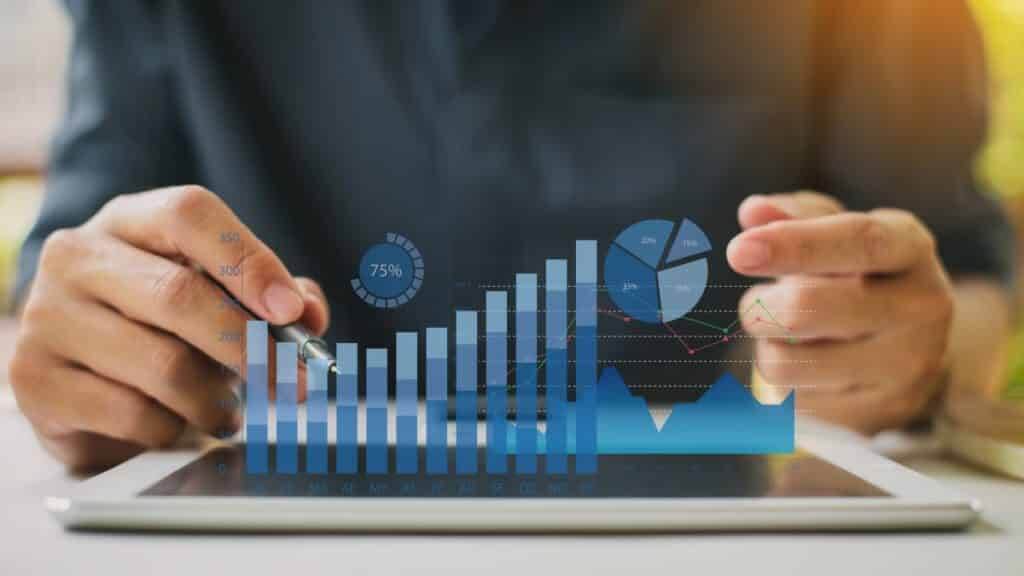Decoding America’s Economic Problem: The Secret Spending Habits Contradicting Public Sentiment!
In the complex landscape of the American economy, a perplexing phenomenon has taken center stage—a conundrum that has economists scratching their heads and political strategists reevaluating their tactics. The term “the economic problem” echoes through the corridors of public opinion, where Americans, despite living in a hyped economy, express a resounding sense of dissatisfaction.
This paradox is not merely an academic puzzle but a real-world enigma that poses challenges for policymakers aiming to understand the underlying forces at play. As we delve into the intricacies of this economic dichotomy, a tale of contradictions and unexpected behaviors unfolds.
Navigating the Economic Factors and the Hyped Economy
While conventional wisdom dictates that a dissatisfied populace would tighten their purse strings, recent trends reveal a different narrative. Despite a prevailing sense of economic gloom, Americans are indulging in extravagant expenditures, from concert tickets to fine dining. That paints a picture that contradicts the widely held belief that financial discontent should lead to frugality.
Amid this economic dance, consumer spending emerges as a surprising protagonist. It acts as the driving force behind the robust Gross Domestic Product growth, reaching an annualized rate of nearly 5% in the last quarter. The latter is an impressive feat that defies the prevailing sentiment of dissatisfaction.
Within this economic environment, the perils of prosperity become evident. Americans, seemingly undeterred by economic concerns, venture into risky financial territories, such as depleting their 401(k)s at an alarming rate. Simultaneously, credit card debt skyrockets to an unprecedented $1.08 trillion, with a growing number falling behind on payments. The juxtaposition of thriving consumer spending and escalating debt raises questions about the sustainability of this economic paradox.

Unraveling the Economic Conundrum: Economic Policy and Beyond
Federal Reserve Chair Jay Powell sheds light on a critical aspect of the conundrum—disdain for inflation. However, it’s not the abstract percentage that troubles Americans; it’s the tangible impact on their daily lives. Rising prices, exemplified by the persistent increase in the cost of a morning cup of coffee, contribute to a lingering sense of financial unease that transcends statistical measures.
As the nation grapples with the rising cost of living, the housing market emerges as a central player in this economic drama. With prices soaring and mortgage rates reaching historic highs, the dream of homeownership slips further away for many. That includes young individuals living paycheck to paycheck. The economic policy landscape faces a challenge in addressing these deeper issues.
Deciphering the Economic Problem
In the labyrinth of economic sentiment and spending habits, the term “the economic problem” takes on a new dimension—a puzzle with implications extending beyond the confines of economic theory. This paradox is not easily distilled into statistics and graphs. After all, it’s a complex interplay of human behavior, societal expectations, and economic policies.
As the nation endeavors to understand and address this multifaceted economic problem, it becomes evident that simplistic solutions will fall short. The road ahead requires a nuanced approach, considering the psychological impact of economic factors, the consequences of a hyped economy, and the potential ramifications for future political landscapes. In unraveling this economic mystery, one thing remains certain—the answers are as elusive as the paradox itself.





